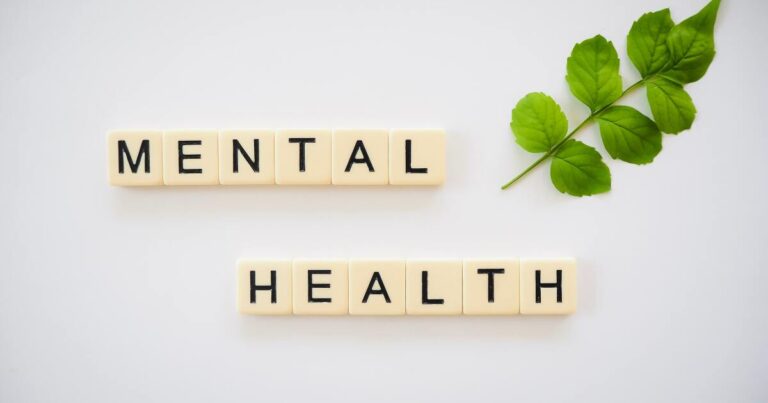After years of work to restructure state-funded community mental health centers, the Wyoming Department of Health (WDH) launched a new system July 1. It creates three tiers of patient categories, some of which will not have to pay at all.
For 60 years, the state has operated community mental health centers in each county under a self-service model. The centers provide outpatient and inpatient services at a sliding scale tied to the federal poverty level.
Andi Summerville, executive director of the Wyoming Association of Mental Health and Addiction Centers (WAMHSAC), said that leaves many people who need those services the most falling through the cracks. But the new three-tiered system hopes to prevent that.
“It doesn’t matter how much money you make or how much money your household has. It doesn’t matter for Tier 1, it matters for determining the categories,” Summerville said.
Tier one patients pay nothing out of pocket. This includes high-risk youth and families, people with severe and acute mental illness, and people involved in the criminal justice system. Tier two is for high-needs patients and has some financial requirements. Tier three is similar to the old system.
The biggest change for a typical patient is the requirement to fill out a Medicaid application for Wyoming. But Summerville stressed that potential patients don’t need to be eligible for Medicaid to get care.
Instead, the app will help the state determine where they fall in the new three-tier system and whether there are federal or private insurance options that can help pay.
“If we are able to support and help more people from the start [and] “We want to make sure some people don’t fall through the cracks, but we hope to see benefits overall,” said Kim Deti, a WDH spokeswoman.
Deti said the idea is to make sure to look at different types of coverage so the state can save money and invest it in other areas that aren’t covered by private or federal insurers.
“If we put more money into the system and make sure that state money can actually be focused on people who are dealing with serious mental illness, then that will be a victory,” Deti said.
The system also hopes to establish better connection and networking within state agencies and enable them to provide referrals.
“We expect agencies like DFS [Department of Family Services]Department of Health [and the] “The Department of Corrections needs to refer these individuals to community health centers to make sure people know they can access services through this program,” Summerville said.
A 2021 law passed by the Wyoming Legislature began the process of restructuring the behavioral health system. The primary goal was to focus state resources on those who need them most: adults with acute psychiatric disorders, criminal justice-involved clients, high-needs children and families, and low-income and indigent populations with access to mainstream care.


